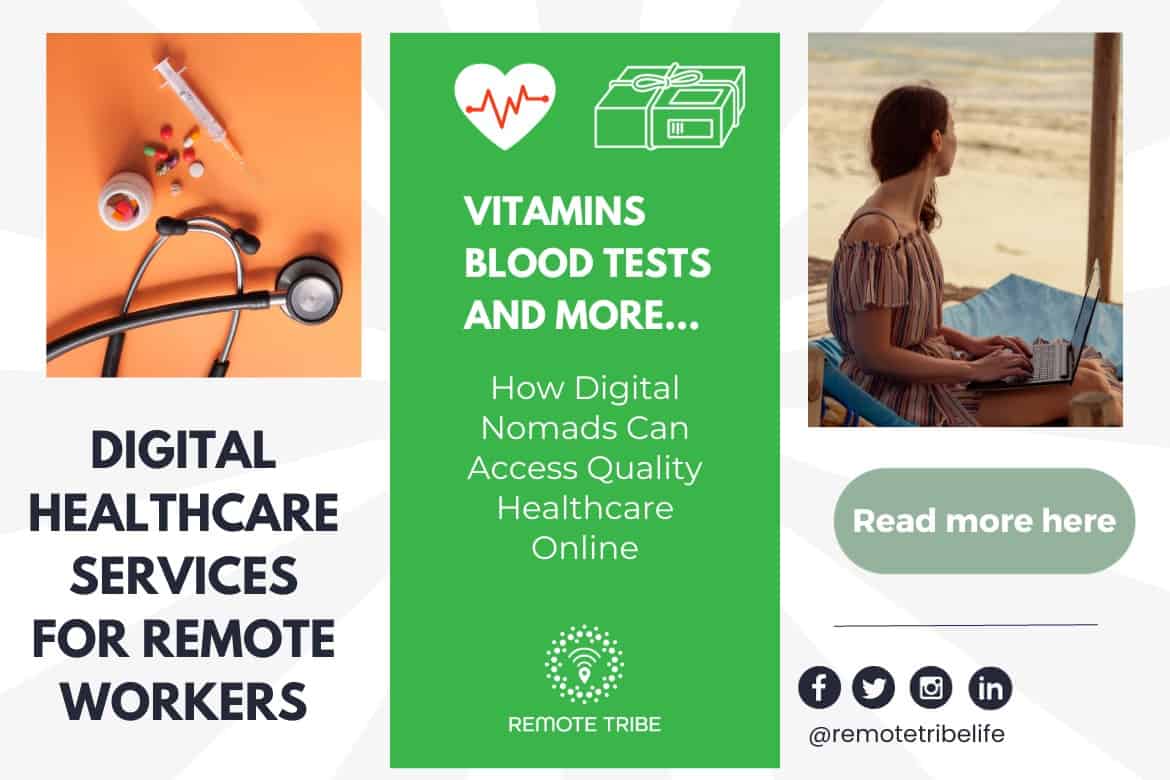The Future of Medicine: Exploring Subscription Based Healthcare Models
The Future of Medicine: Exploring Subscription Based Healthcare Models
Blog Article
Navigating the Future of Medication With Subscription-Based Healthcare Services
As the medical care industry develops, subscription-based services arise as a crucial model guaranteeing to improve individual care shipment. With the prospective to provide structured, affordable remedies with foreseeable pricing and individualized focus, these services stand at the center of contemporary medical innovation. Yet, as we consider their surge, one have to ponder the effects of incorporating such systems into existing healthcare frameworks. What difficulties do they position in regards to information safety and security and equitable access, and just how might they redefine the patient-provider connection? The answers to these questions can basically change our approach to healthcare.
Surge of Membership Health Care
As healthcare systems worldwide face increasing stress from climbing expenses and need for services, the advent of subscription-based medical care versions has actually arised as a transformative trend. This innovative approach is interfering with conventional healthcare delivery by offering a predictable, flat-rate settlement structure for medical solutions. Rooted in the principles of attendant medication, subscription-based health care enables service providers to concentrate on customized client care while simultaneously handling functional efficiencies.
The surge of this version can be credited to numerous factors. Technical improvements have enabled much more seamless integration of treatment via telehealth and digital wellness records, promoting the scalability of subscription services. The increasing consumer need for openness and predictability in healthcare expenses has driven the shift in the direction of this model. Subscription-based solutions usually provide direct access to health care experts, which can minimize the administrative worries associated with insurance coverage cases and repayments (subscription based healthcare).
This model is obtaining traction among varied healthcare service providers, from main care physicians to specialized clinics, by lining up monetary incentives with precautionary and constant care. By moving the emphasis from quantity to value-based care, subscription medical care has the prospective to reshape the landscape, cultivating a much more patient-centered and sustainable strategy to wellness monitoring.
Advantages for People

Furthermore, subscription-based services commonly stress preventative care, urging normal examinations and wellness testings. This proactive method can cause early detection of health and wellness problems, potentially improving outcomes and decreasing lasting health care costs for people. Such models typically offer transparent prices, allowing patients to better recognize their medical care costs and avoid unanticipated clinical expenses.
The individualized nature of subscription-based medical care additionally boosts individual experience. People can receive customized medical care plans that suit their particular requirements, fostering an extra patient-centric strategy.
Innovation's Function in Transformation

Artificial knowledge (AI) plays an important duty in predictive analytics, helping in early medical diagnosis and customized treatment strategies. AI algorithms examine large datasets to identify patterns that could be ignored by human observation, therefore enhancing clinical decision-making. Furthermore, digital health records (EHRs) enhance client information monitoring, making sure continuity and coherence of care across different solutions and suppliers.
Blockchain modern technology improves data safety and like this security and privacy, critical for preserving person count on electronic systems. It enables clear and protected deals of clinical data, making certain that delicate info remains protected. With the integration of machine discovering and AI, blockchain can automate complicated healthcare procedures, decreasing management problems.
Factors To Consider and challenges
While innovation moves the abilities of subscription-based healthcare solutions, it likewise presents a set of challenges and factors to consider that should be dealt with to guarantee successful implementation. One considerable difficulty is the fair access of these services.
Information privacy and protection represent another vital factor to consider. Subscription-based solutions commonly require the collection and storage space of vast amounts of individual wellness info. Providers have to follow rigorous information defense guidelines to maintain client count on and prevent unapproved accessibility, which might result in substantial honest and lawful effects.
As healthcare needs advance, maintaining a cost-efficient equilibrium in between registration charges and solution quality is crucial to avoid person discontentment and attrition. Resolving these challenges is important as subscription-based health care services continue to advance and increase.
Future Ramifications for Medicine
Subscription-based medical care services are poised to significantly affect the future landscape of medication by reshaping just how great site treatment is accessed and delivered. These designs supply the prospective to equalize health care gain access to, supplying people with more prompt and customized interventions. By leveraging technology, such as telemedicine and data analytics, subscription services can facilitate continuous monitoring and tailored wellness management, therefore boosting end results and reducing the problem on standard medical care systems.
As these solutions gain grip, they could promote a shift towards preventative care, emphasizing the importance of very early detection and administration check this of persistent conditions. This positive strategy might eventually lower health care prices by mitigating the requirement for expensive treatments emerging from late-stage disease management. Membership designs use a scalable service to address variations in healthcare gain access to, particularly in rural or underserved populations.
Nonetheless, the change towards subscription-based models demands resolving honest and governing considerations, including data personal privacy and fair gain access to. As the market advances, collective initiatives in between policymakers, technology programmers, and health care service providers will be essential to establishing robust structures that secure patient passions while fostering advancement. Inevitably, these services assure to contribute significantly to an extra efficient, patient-centered health care community.

Final Thought
Subscription-based medical care solutions represent a significant development in the medical area, using predictable prices and customized care that enhance access and focus on precautionary steps. As the healthcare landscape progresses, membership designs are poised to play a critical duty in shaping the future of medication.
As the health care market develops, subscription-based solutions arise as a critical model guaranteeing to improve patient care distribution.As healthcare systems around the world face boosting pressures from rising prices and demand for services, the advent of subscription-based health care designs has arised as a transformative pattern (subscription based healthcare).With the surge of subscription-based medical care models improving traditional health care distribution, patients are starting to experience considerable advantages from this innovative approach. As health care requires progress, maintaining an affordable equilibrium in between registration charges and service quality is important to protect against individual frustration and attrition.Subscription-based medical care solutions are poised to significantly affect the future landscape of medicine by improving just how care is accessed and supplied
Report this page